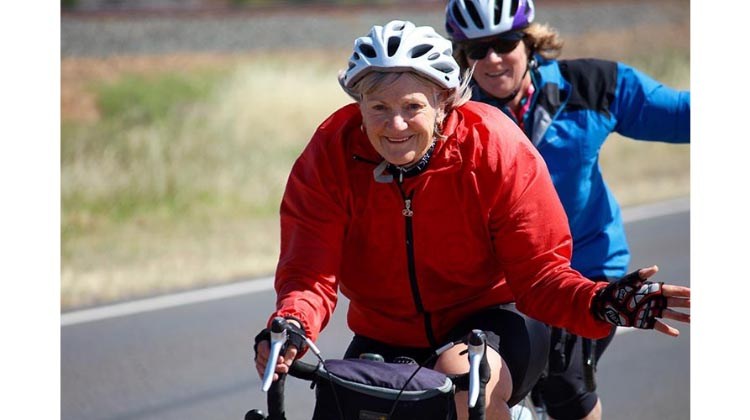A simple fitness calculator aims to tell whether your body’s biologically older or younger than your chronological age.
Biological (or fitness) age is meant to indicate how old our cells are, or how fast we’re ageing, whereas chronological age is the number of calendar years we’ve been around.
For example, if you’re 70 years old and active, your biological age might be decades younger.
The calculator’s easy to use but you’ll need to provide a few bits of information — gender, age, height, weight, exercise habits and resting heart rate. You can calculate the last one with a fitness band or smartwatch, or take your pulse for 15 seconds and multiply it by 4.
So what if you’re biologically younger?
A relatively low fitness age is linked to less risk of conditions such as heart attack, depression, fatty liver disease and dementia. It could indicate you’re likely to have a longer ‘health span’ (as opposed to life span), meaning you’ll have more years of healthy living.
Bear in mind though that other factors besides fitness influence our health and longevity, such as genes, nutrition, stress, and plain old luck.
Still, the calculator provides a useful bit of information — one that might provide the incentive we need to lift our exercise game and improve our body function a notch.
It was developed by Norwegian scientists who collated fitness measurements and health data on thousands of adults of all ages over many years. They made it available a decade ago and it’s since been used by around 80 million people all over the world.
To try it out click here.

